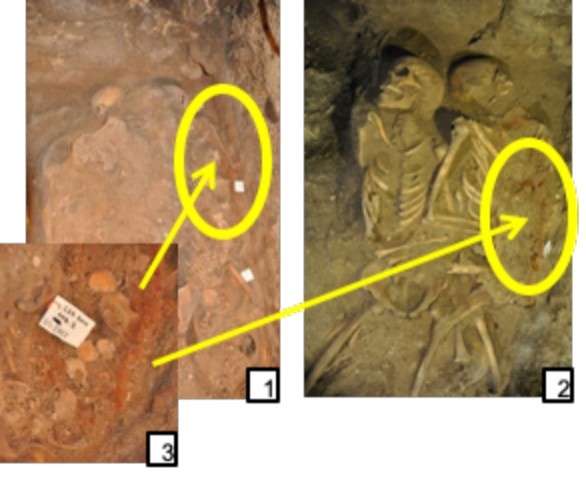David Kelvin

Dr. Kelvin is not currently accepting Honours students.
Mailing Address:
Research Focus: Ancient Pathogens, Cancer and Infectious Disease, Emerging Infectious Diseases.
Infectious diseases account for about 1/3 of all deaths worldwide. The majority of these are in developing countries where children are at the highest risk. Furthermore infectious pathogens directly or indirectly lead to the development of 1/3 of all cancers. Dr. Kelvin’s research team conducts studies to identify pathogenic mechanisms of immune evasion and disease severity in ancient infectious diseases, infectious emerging diseases, and cancer development.
Dr. Kelvin has an internationally based research program and carries out studies in Shantou, China, Sardinia, Italy, and Canada (Dalhousie University). His central research programs include Ancient Pathogens, Cancer and Infectious Disease, and Emerging and Re-emerging Infectious Diseases. He has published in several high impact journals including Nature, Science, Nature Medicine, Nature Immunology, New England Journal of Medicine as well as several open access journals. Dr. Kelvin and several international colleagues established the Journal of Infection in Developing Countries (JIDC), an open access journal devoted to infectious diseases in resource limited countries.

The above figure shows a likely family burial indicating a possible infectious disease epidemic. The remains of the baby and the female skeleton have the same mitochondrial haplotype suggesting the burial of a mother and her infant (Figure courtesy of Dr. N Kelvin).
Emerging infectious diseases.
Southeast Asia is a hotbed for emerging infectious diseases. SARS CoV as well as the highly pathogenic influenza strain H5N1 emerged in this region. More recently H7N9 emerged in China and continues to be major problem with yearly cycles of outbreaks that result in zoonotic expose to humans. When infected, humans can develop lower lung infections leading to severe pneumonia and at times death. Dr. Kelvin and his research team is looking at ways to treat severe pneumonia caused by highly pathogenic influenza.

The above figure shows co housing that could result in zoonotic viral infections between different species of birds and animals. This photo was taken in 2013, current wet market practices in China now prevent these types of housing conditions.
Infectious Disease and Prostate Cancer (PCa)
Prostate Cancer is a leading cause of morbidity and mortality for men. For many years STD infectious diseases such, such as HPV, have been implicated in the development of prostate cancer. Even though a direct link between infectious diseases and prostate cancer has been difficult to identify, genomic approaches to defining the molecular basis of this type of cancer has shed new insight into the possible role infectious diseases might play in PCa tumorigenesis. Dr. Kelvin’s team is looking into the prevalence of STDs and using genomic studies to identify germline and somatic mutations that may together increase the risk for prostate cancer.
